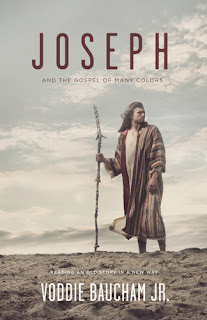The Apostle of the Last Days - By Marvin Pate
Did I like this book? Yes and no, but inclining more towards the latter. The Apostle of the Last Days is an argument for Paul's life, letters and theology being eschatologically focused/united and that the troubles in the Churches Paul communicated with were because of faulty eschatologies. Pate goes through the letters written by Paul and explains the Roman Eschatology/Roman Imperial Cult, non-Christian Jewish Eschatology and professing Christian faulty eschatology. He then explains Paul's correction of them. Did I like this book? Yes and no, but inclining more towards the latter. The Apostle of the Last Days is an argument for Paul's life, letters and theology being eschatologically focused/united and that the troubles in the Churches Paul communicated with were because of faulty eschatologies. Pate goes through the letters written by Paul and explains the Roman Eschatology/Roman Imperial Cult, non-Christian Jewish Eschatology and professing Christian faulty eschat


